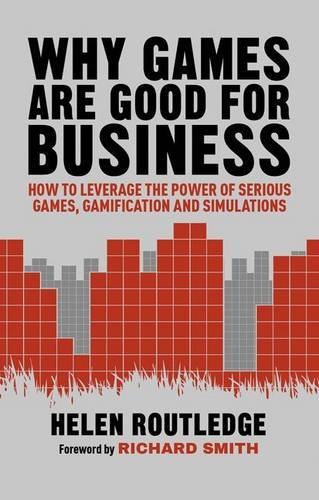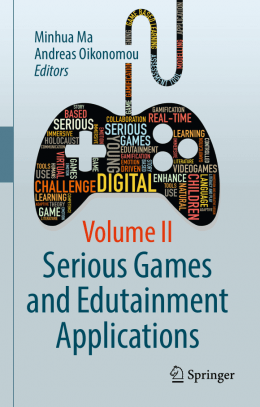Title: Serious Games: Games That Educate, Train, and Inform
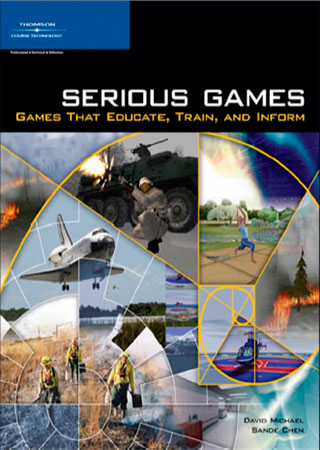
Learn how to take the skills and knowledge you use to make games for entertainment to make serious games: games for education, training, healing, and more.
“Serious Games: Games That Educate, Train, and Inform” teaches game developers how to tap into the rapidly expanding market of serious games. Explore the numerous possibilities that serious games represent such as the ability to teach military training in a non-lethal environment and the ability to convey a particular political viewpoint through a game’s storyline. You’ll get a detailed overview of all of the major markets for serious games, including the military, educators, government agencies, corporations, hospitals, non-profit organizations, religious groups, and activist groups. Discover the goals of each market, the types of games on which they focus, and market-specific issues you need to consider. Case studies of how professionals in these various markets utilize games provide ideas and inspiration as well as credibility for serious games. “Serious Games” shows you how to apply your game development skills to a new and growing area and also teaches you techniques to make even entertainment-based games richer and more meaningful.
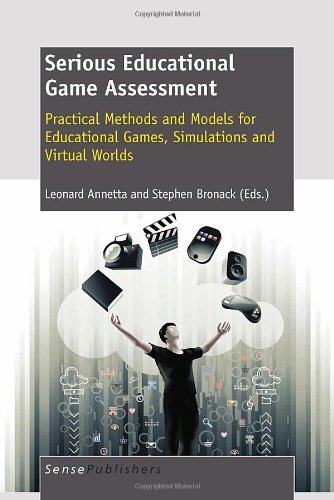
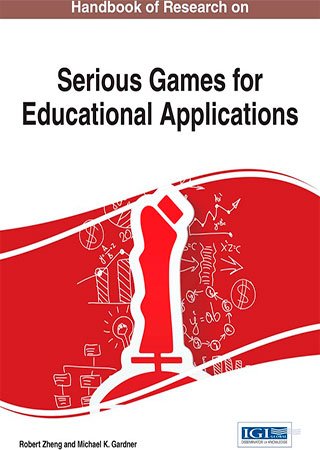
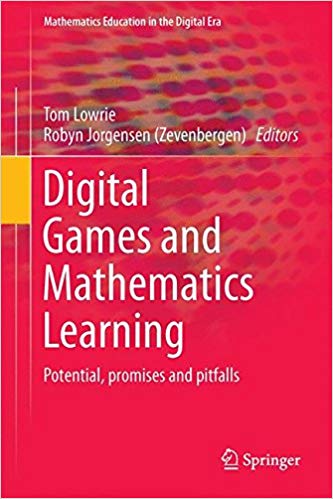
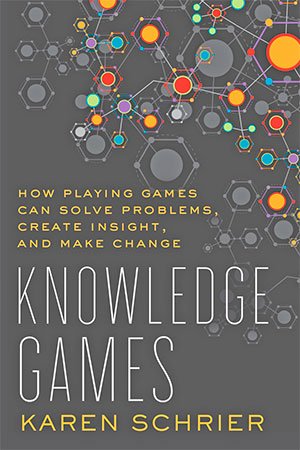
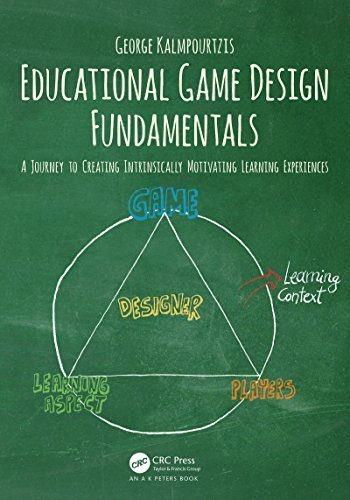 Of course! But how?!
Of course! But how?!


